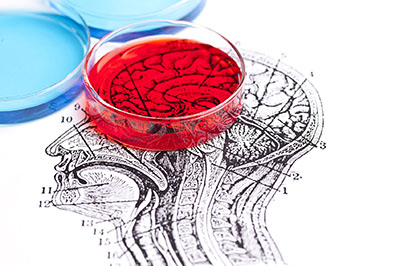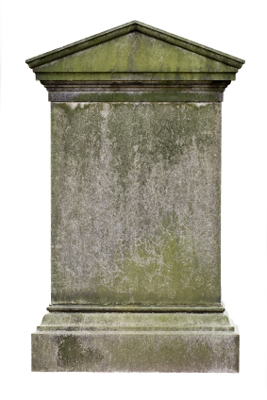 It’s one of the last great mysteries of life, the question of what really happens when we die. Do we linger on with some kind of awareness in an afterlife? Does all consciousness fade to black? An intriguing scientific study points to proof that there is, indeed, life after death. But don’t start planning any séances just yet.
It’s one of the last great mysteries of life, the question of what really happens when we die. Do we linger on with some kind of awareness in an afterlife? Does all consciousness fade to black? An intriguing scientific study points to proof that there is, indeed, life after death. But don’t start planning any séances just yet.
The news broke late in 2014 that a four-year, multinational study had documented hundreds of cases of life after death. No, not the mysterious spirits you might get a glimpse of on Ghost Hunters. This evidence came in the form of first-hand reports from heart patients who had been resuscitated. As this Telegraph article explains, scientists studied “more than 2,000 people who suffered cardiac arrests at 15 hospitals in the UK, US and Austria.”
Even after being clinically dead, some for several minutes, many of the patients who survived reported “some kind of awareness.” At least one gave a detailed account of what hospital staff had done to revive him. Others reported more general sensations, such as feeling at peace. But is it really proof that life, in the form of conscious awareness, exists after death? Probably not.
For starters, the numbers aren’t quite as overwhelming as they might appear. The total number of patients in the study was 2,060. Of those, 330 survived. But less than half of that group was surveyed?only 140. Thirty-nine per cent of them, or some 54 people, said they had some sense of awareness while medical staff were reviving them.
Which doesn’t mean that more cases don’t exist, or that further research won’t validate the findings. However, there are plenty of other reasons not to jump to the conclusion that science has proven there’s life after death.
Besides the small sample size, it’s important to keep in mind that the patients reported memories or sensations “while being resuscitated.” So the question is, were they in a state of clinical death and experiencing consciousness in the afterlife? Or were those sensations, including out-of-body experiences, simply the brain reacting in unexpected ways while the heart and other organs were under stress?
No doubt many people, especially in medical emergencies, have had the uncanny feeling of floating above their bodies and watching what’s happening in the room. But as several studies show, neuroscientists have known for at least a decade that they can trigger symptoms of an out-of-body experience by stimulating specific, multisensory areas of the brain (The New York Times reported on the phenomenon back in 2006).
And then there’s the fact that the sensations and experiences reported by those cardiac patients who were revived were very general?and experiments to have near-death cardiac patients identify specific objects, such as pictures placed on high shelves, haven’t offered any conclusive evidence.
In spite of the headlines, then, science hasn’t really solved this mystery yet. But that might not be such a bad thing. After all, it’s the very uncertainty of what happens when we’re gone that makes us appreciate life all the more.
S.D. Livingston is the author and creator of the Madeline M. Mystery Series for kids, as well as several books for older readers. Visit her website for information on her writing.


